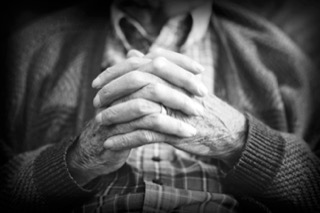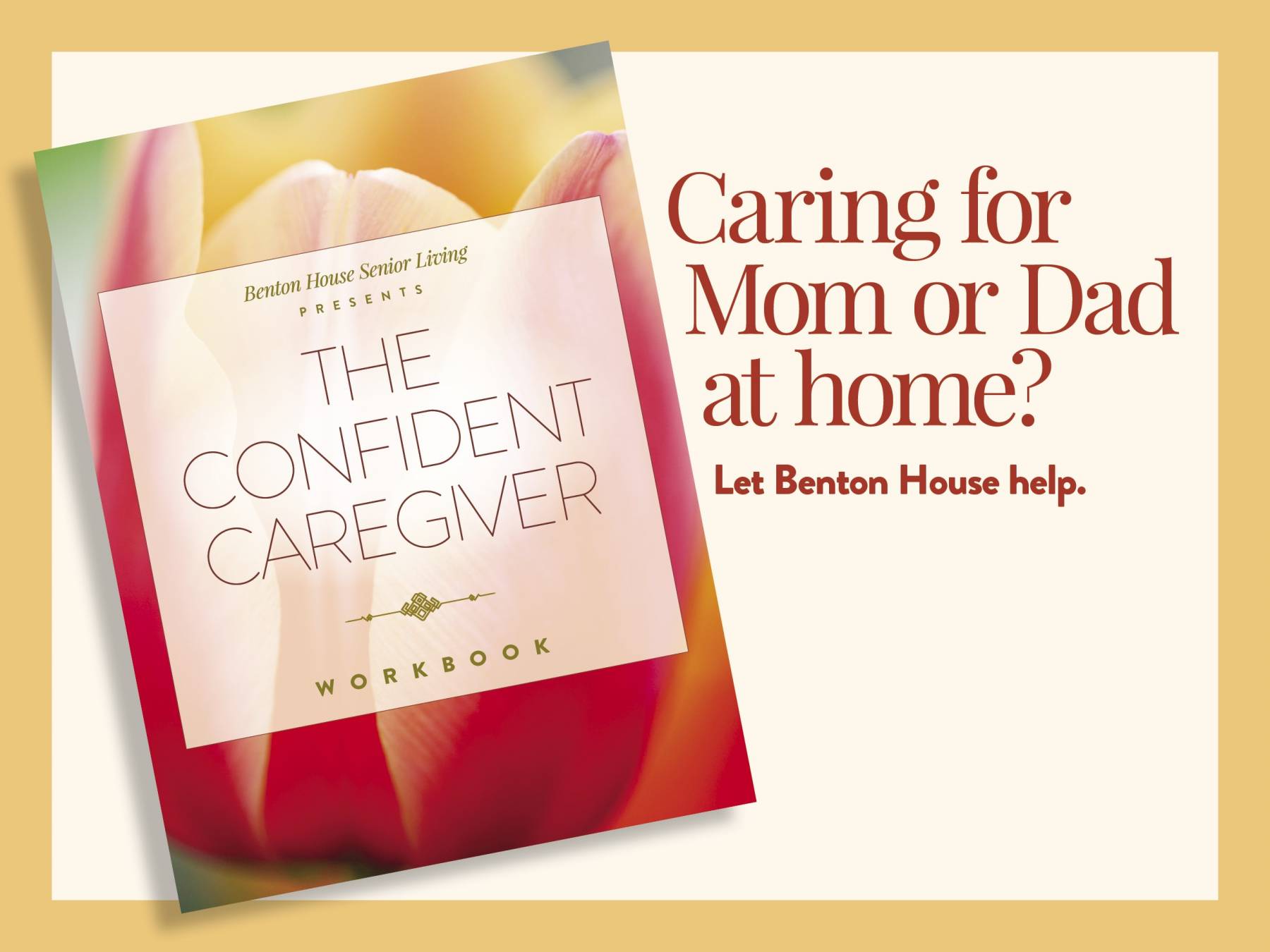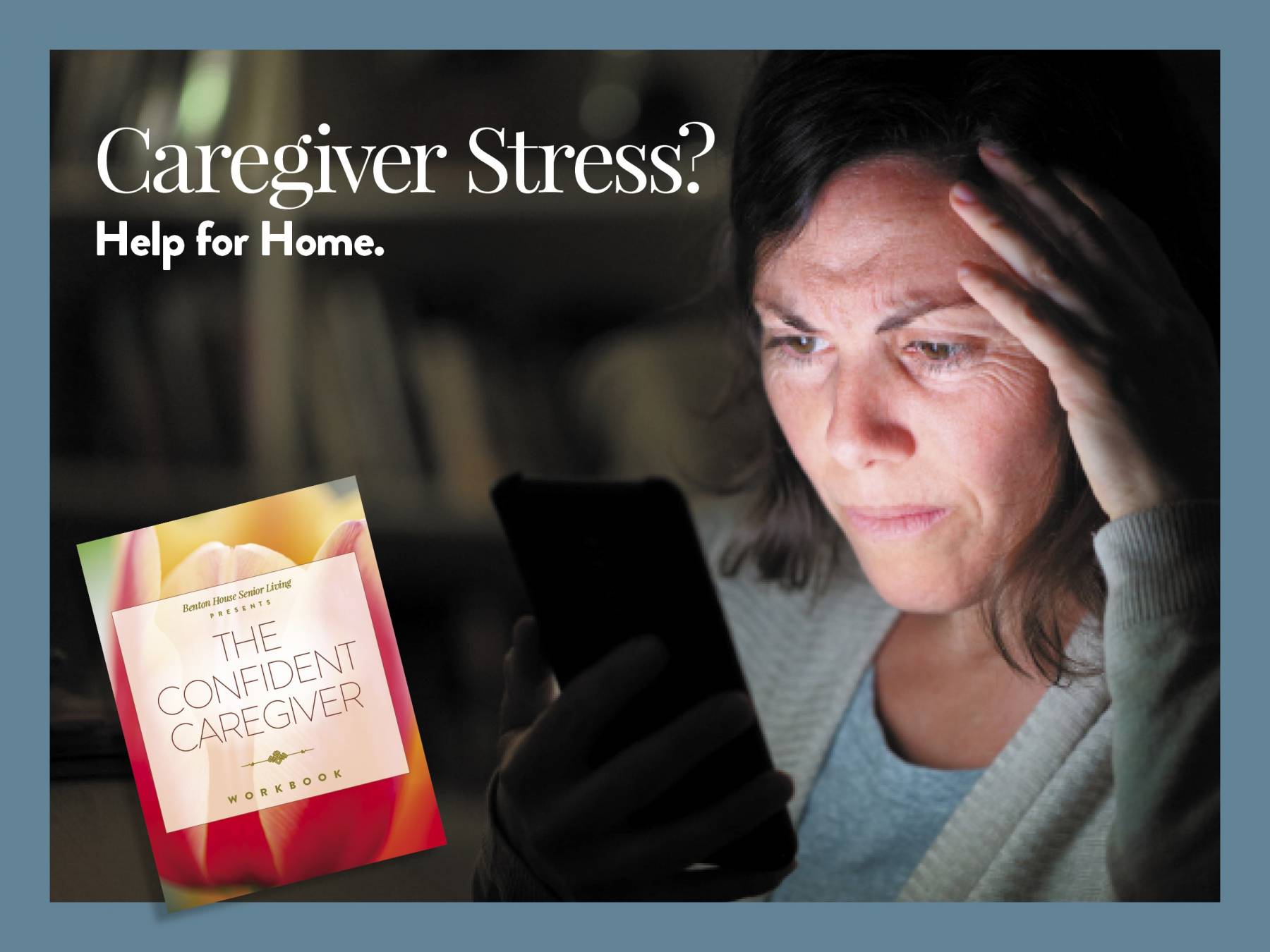If you’re a caregiver to an older adult, it’s helpful to be aware of signs of loneliness in seniors.
If you ask us, it’s a subject that doesn’t get enough attention, but the reality is that feelings of social isolation can carry deep risks for our senior loved ones.
In fact, did you know loneliness is considered at least as toxic to health as smoking up to 15 cigarettes per day?
There are serious consequences associated with feelings of disconnection, from lower cognitive function to a 32% increased risk of having a stroke.
In this article, we look at a few of the ways seniors are impacted by social isolation, as well as how to tell if your loved one is at risk — and how to support them if they are.
Let’s dive in.
Is technology the answer for social isolation?
Using technology for connection seems like it’s everywhere these days, so it’s valid to wonder: is it actually helpful for seniors? The answer is complicated.
While younger generations may see technology as connectivity, confidence in using new forms of technology decreases with age.
For example, just 61% of Americans 65 and older own a smartphone, compared with 95% of ages 30-39.
And even if seniors do have a computer or smartphone, there can be complications. From difficulty reading screens to challenges with concentration, older adults don’t always experience technology as “senior friendly’.”
So, while technology can certainly be useful for seniors, it doesn’t appear to have a clear positive impact on social isolation.
Risks of senior scams goes along with social isolation
Even if a senior does adapt to new technology with relative success, that doesn’t mean that finding online connection is always a good thing.
Senior scams are a heartbreaking worry we hear stories of over and over again. The internet is rife with ploys designed specifically to take advantage of older adults, making seniors particularly vulnerable.
Even more susceptible are older adults with the kind of lower psychological well-being that often results from social isolation. If seniors don’t have anyone to discuss suspicious or confusing offers with that they stumble upon online, they’re at much higher risk of being victimized.
(Learn more about senior scams and what to look out for in our post here.)
Is your loved one experiencing social isolation?
Are you concerned that your loved one may be experiencing a lack of social connection?
As you can see, social connection is critical to successful aging. And studies show peer interaction is as important as family.
Consider the following questions to help determine if your loved one is too isolated. Answers on a spectrum: always, sometimes, rarely, or never.
Questions to consider:
- Does your loved one engage in opportunities to volunteer and contribute?
- Does your loved one engage in opportunities to continue learning?
- Does your loved one engage in opportunities to attend civic groups / clubs?
- Does your loved one engage in opportunities to attend church or participate in spiritual pursuits?
- Is your loved one able to spend time with their spouse or significant other?
- Is your loved one able to spend time with their adult children for social reasons, not solely with their children in a caregiving role)
- Is your loved one able to spend time with their family, like siblings or grandkids?
- Is your loved one able to spend time with their friends and peers?
If you find the answers are more on the “rarely” or “never” side of the spectrum, it may be time to help them find ways to increase their opportunities to connect with others socially.
Want a more interactive version of this questionnaire? Click here.
Help your loved one increase their social connection with peers
If your loved one is experiencing a lack of social connection with peers, the good news is that there are many ways to support them. Let’s take a look at some options.
- Adult day care and senior centers offer wonderful options for supporting your loved one to spend the day in a loving environment designed specifically to meet the needs of older adults.
- Many seniors find connection in social and civic clubs, and your local chamber of commerce can be a great spot to learn about them.
- For some seniors, the community aspect of church can become a social lifeline, especially as their peer group grows smaller with age.
- Volunteer groups that align with your loved one’s passions can not only give them purpose, but also help them make friends.
- Leaning into their local community is a great way for your loved one to find easily accessible peers, from neighborhood potlucks to meeting a friend for a weekly walk.
Help your loved one increase their social connection with family
When it comes to social connection for seniors it’s hard to beat the benefits of family time. Let’s look at some ways to support your loved one to spend more enjoyable time with family.
- Organizing weekly meals together is a great way to integrate a regular routine everyone can look forward to — whether you host Sunday dinner at your place, or you pick them up for a weekday breakfast outing.
- Getting your family to pitch in to add to memory books or videos to share with your loved one is a beautiful way to ensure they feel cherished and connected to family they may not get to see as much.
- Putting a monthly family game night on the calendar ensures a fun and casual way for your loved one to feel included, whether they jump into Pictionary, or they just get a kick out of watching the grandkids play from the sidelines.
- Popping in for a virtual visit helps fill in the gaps when you can’t necessarily get together in person. Maybe it’s a spontaneous video call, or perhaps you schedule a Friday night video meet up to check in.
However you help your loved one experience more family connection time, keep in mind that caregiving time does not equal social time. Make sure your loved one has the opportunity to spend time with family that’s simply about being present and enjoy each other’s company.
Next Steps
You can easily see how important it is to be on the lookout for signs of loneliness in seniors as a caregiver.
In this article, we looked at some ways seniors are impacted by social isolation, how to tell if your loved one is at risk, and how to support them if they are.
Have any questions? We’re always here to talk through how we can best support you and your family.
Because at Benton House, we don’t just care for our residents. We care about them.
If you could use support understanding how social isolation may be impacting your loved one, we’d love to help. Feel free to call us at 855-461-2552, or send us a message, anytime.



